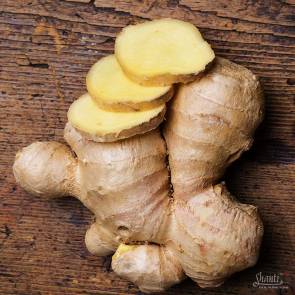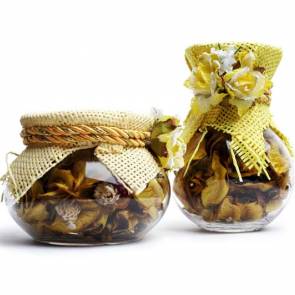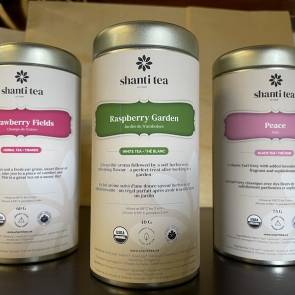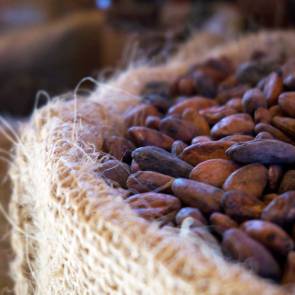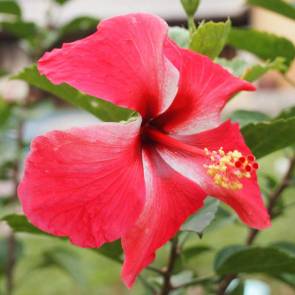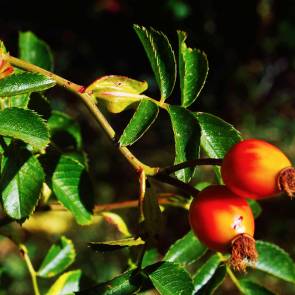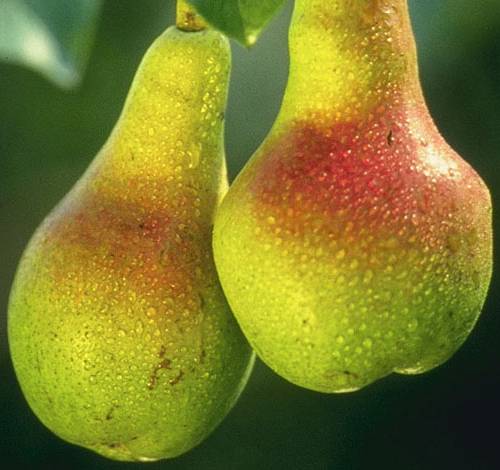
On a meditative fall morning, there is nothing better than to haul out a big bag of pears, fresh-picked from the backyard or the overly prolific tree down the street, and wash, peel, core and chop them for an entire vat of pear sauce. Or, sometimes even more gratifying, to press them into cider or turn them into a delicious pie or crumble. If you’re the type of person who delights in this sometimes humble fruit, then our organic Fujian Pear tea is sure to be a hit.
Though most of us in the modern world recognize pears in only a few varieties, usually tumbled across the shelves of a brightly lit neighborhood supermarket, the pear’s history extends back through time and across all the continents of the old world. From northern Europe to Africa, from the Middle East to the Fujian Province of China where this lovely white tea originated, pears have papered the world with crisp textures, juicy sweetness, reds and greens and browns, and all shapes and sizes.
Like most rich and nourishing foods available in the natural world, pears have inspired countless tales to explain their existence, their sweetness, their allure. Some of these stories have been lost to the sands of time, of course, but sometimes the myths associated with them are very familiar.
For instance, the common Christmas song “The Twelve Days of Christmas” features in its first moments a partridge in a pear tree, a reference that seems odd until we consider that it came from the legend of Athens’ King Perdix, who was cast into the sea to die and saved by the goddess Athena. She took him up to heaven in the form of – you guessed it! – a partridge.
Others legends and mythologies are less well known, though. In China, for instance, the pear is a symbol for immortality, because pear trees live such a long time compared to other fruit trees. But this is tainted with the double meaning of the word that defines it. Li, which means both “pear” and “separation,” has given rise to the belief that pears should not be split among loved ones, for fear of turning the apparently simple act into something more lasting – a real separation.
Other, simpler superstitions tell of Russians using pears as protective charms for their cows, while in Europe, pear trees were planted at weddings and to honor the birth of a little girl. Recipes still exist from the Roman days that feature pears both raw and plain or hot and spiced.
It is interesting to consider these stories over a hot cup of tea in a world where one needn’t protect one’s cows, worry about losing friends over a slice of pear, or fear drowning in the sea. Too much of human history has been forgotten, but with a steaming cup of this tasty blend – featuring organic Camelia Sinensis, Calendula, and natural essences – you may be able to remember.




